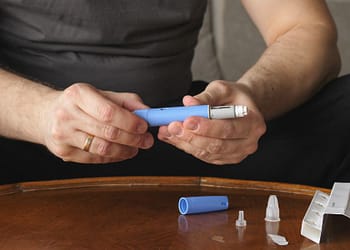AstraZeneca together with Kunsen, has presented the “EOS Phenotyping Challenge”, an initiative to develop practical tools to optimize the diagnosis and treatment of severe eosinophilic asthma.
A challenge with clinical impact
The challenge seeks to identify innovative solutions for the phenotyping of this disease. This would allow for personalized treatments and improved outcomes in patients with severe eosinophilic asthma.
Severe asthma is a heterogeneous disease with multiple manifestations. One of the most prevalent is eosinophilic asthma, which affects up to 80% of patients with severe asthma.
Eosinophilic inflammation is associated with severe crises and irreversible lung damage. Therefore, its detection and characterization are a priority for healthcare professionals.
Innovation as the main axis
The challenge promotes the use of technologies such as artificial intelligence, biomarkers and optimization programs. Proposals on care processes and training simulations are also accepted.
“The goal is to improve diagnosis and treatment for patients with severe asthma,” explains Dr. César Velasco, Director of Innovation and Digital Strategy at AstraZeneca Spain.
Carlos Enrique Navarro highlights the importance of closing the diagnostic gap. He says that the approach must be accessible and practical for medical teams.
Adrián Gorritxo, from Kunsen, highlights that this challenge seeks to improve the care and well-being of patients through personalized and quality solutions.
EOS Phenotyping Challenge Call for Proposals Details
The call for proposals is open until March 17, 2025. It is aimed at healthcare professionals, who can collaborate with external entities. The finalists will present their proposals to an evaluation committee on May 23, 2025 at the University of Alcalá de Henares.
The winning project will receive 12,500 euros to develop its proposal. The runner-up will receive a prize of 7,500 euros. The full terms and conditions and application form are available on the websites astrazeneca.es and azone.es.
This call represents an important step towards addressing the challenges of severe eosinophilic asthma and advancing its clinical management. It follows other initiatives, such as the recent approval of Fasenra by the EU, another innovative treatment from AstraZeneca for eosinophilic conditions.






